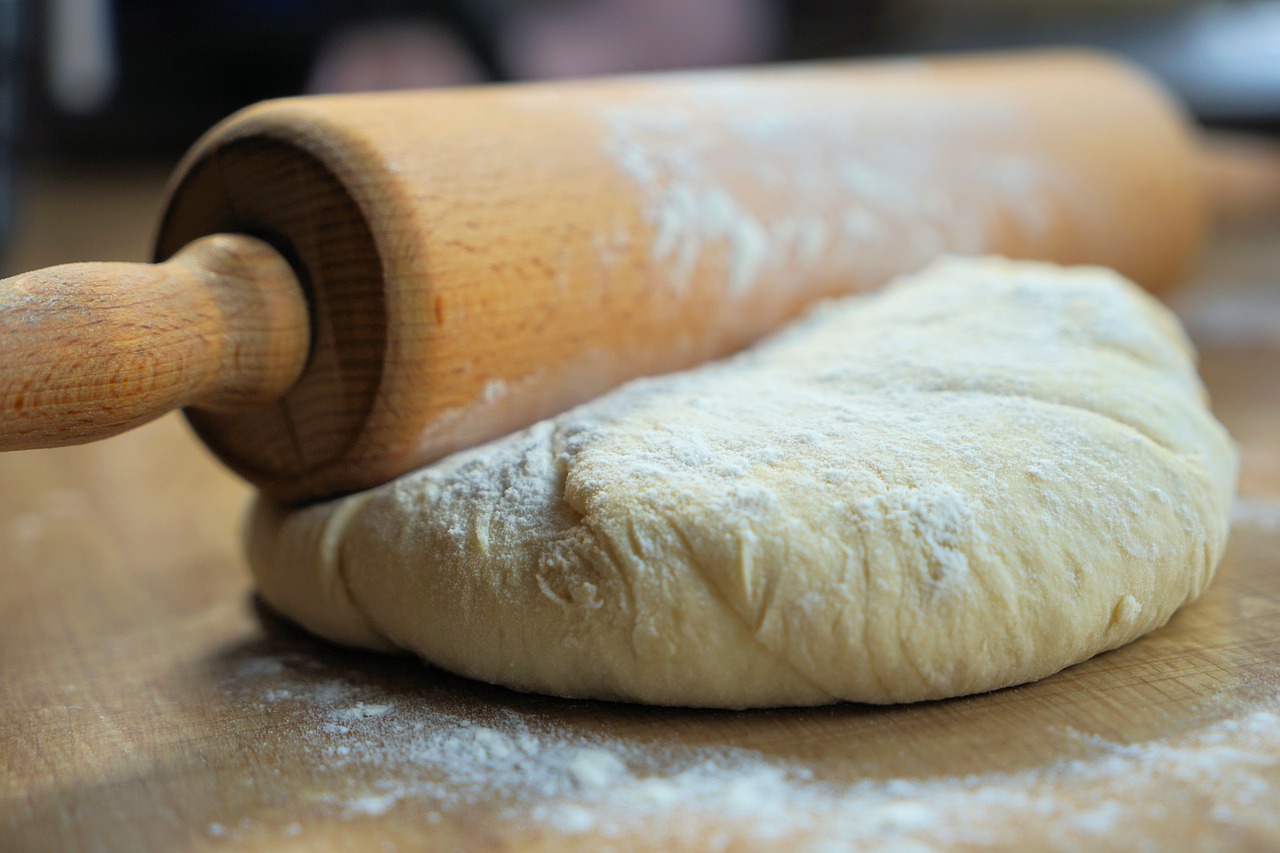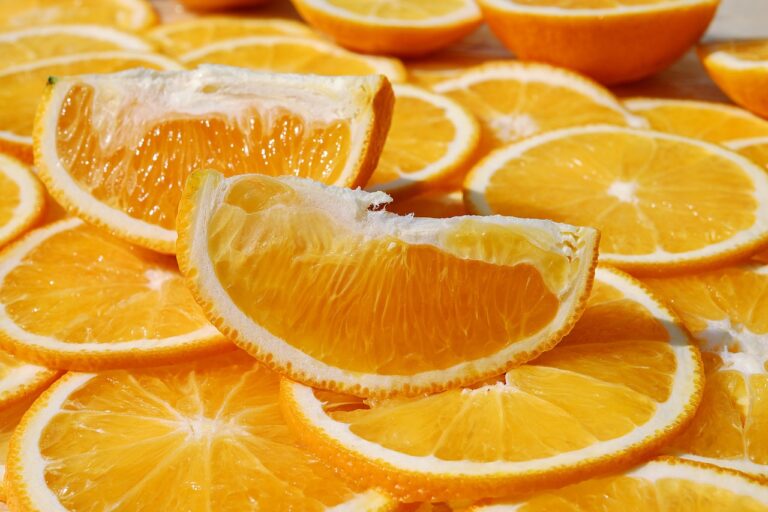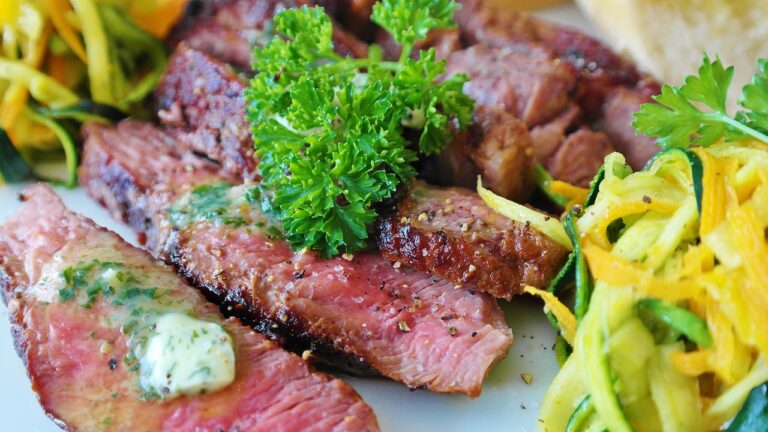10 Interesting Reasons Why You Are Craving Flour

Flour, a staple in many diets worldwide, is not typically craved in its raw form. However, cravings for foods made from flour, such as bread, pastries, and pasta, are common. When someone experiences a craving for flour, it often reflects a deeper nutritional or psychological need. This article explores the various reasons behind flour cravings and provides insights into what these cravings might signify.
Why Am I Craving Flour?
1. Carbohydrate Deficiency
Carbohydrate deficiency is a primary reason people crave flour-based foods. Carbohydrates are the body’s main energy source, and when you’re not getting enough, your body may signal for quick sources of energy, such as those provided by flour-based products.
Regularly consuming a balanced diet that includes sufficient amounts of complex carbohydrates can help manage these cravings. Whole grains, fruits, and vegetables are excellent sources of complex carbohydrates and can provide sustained energy levels, reducing the urge to reach for flour-based snacks.
2. Emotional Eating
Emotional eating is another significant factor behind flour cravings. Many people turn to comfort foods, often rich in flour like cakes and cookies, during times of stress, sadness, or boredom. These foods can temporarily boost mood due to their high sugar and fat content, creating a short-lived feeling of happiness or relief.
Addressing the root cause of emotional eating through activities such as exercise, meditation, or talking to a professional can help manage these cravings. Finding healthier comfort foods or coping mechanisms can also reduce the reliance on flour-based products for emotional support.
3. Blood Sugar Fluctuations
Craving flour can be a sign of blood sugar fluctuations. Foods high in refined flours can cause rapid spikes in blood sugar levels followed by sharp declines, leading to a cycle of craving more sugary or starchy foods to regain energy.
Eating balanced meals with a good mix of proteins, fats, and complex carbohydrates can help stabilize blood sugar levels. Including fiber-rich foods in your diet can also slow the absorption of sugar into the bloodstream, preventing the highs and lows that drive cravings.
4. Nutritional Deficiencies
Sometimes, cravings for flour-based foods indicate certain nutritional deficiencies, such as a lack of magnesium, which is common in chocolate cravings. While raw flour is not a direct source of most nutrients, the body might associate it with foods that provide quick energy or satisfaction.
Incorporating a diverse diet rich in vitamins, minerals, and other nutrients can help reduce cravings. Foods like leafy greens, nuts, seeds, and whole grains are nutrient-dense options that can address deficiencies and decrease the need to consume flour-based products.
5. Habit and Conditioning
Habit and conditioning play a significant role in flour cravings. If you’re used to snacking on flour-based products or associate them with certain activities (like eating popcorn during a movie), it can be challenging to break these habits.
Creating new habits and associations is crucial in overcoming these cravings. Opting for healthier snacks and establishing new routines can help retrain your brain and taste buds to desire less flour-intensive foods.
6. Gluten Sensitivity or Addiction
For some, the craving for flour might stem from a sensitivity to gluten, a protein found in wheat. Gluten can create an addictive-like response in certain individuals, leading to continuous cravings for flour-based products.
Identifying and addressing gluten sensitivity or intolerance with the help of a healthcare professional can alleviate these cravings. Switching to gluten-free grains and flour alternatives can also help satisfy the need for similar textures without the adverse effects of gluten.
7. Lack of Protein
A lack of protein in the diet can lead to cravings for flour-based foods because the body is seeking quick energy sources. Protein is essential for satiety and can help balance meals, reducing the urge to consume simple carbohydrates.
Incorporating adequate protein sources into each meal, such as lean meats, beans, and dairy products, can help curb cravings for flour-based foods by providing longer-lasting energy and a sense of fullness.
8. Psychological Associations
Psychological associations with flour-based foods, such as memories of baking cookies with a loved one or celebrating with cake, can trigger cravings. These associations often have a strong emotional component, making the cravings more intense.
Acknowledging these emotional ties and finding alternative ways to reminisce or celebrate can help manage these cravings. For example, engaging in non-food-related activities that bring joy or comfort can provide the emotional fulfillment without relying on food.
9. Seasonal Affective Disorder (SAD)
Seasonal Affective Disorder (SAD) can influence eating behaviors, including increased cravings for carbohydrates, such as flour-based foods. These cravings are part of the body’s attempt to boost serotonin levels during darker, colder months.
Light therapy, regular physical activity, and maintaining a healthy diet can help manage SAD symptoms and reduce the need for carb-heavy comfort foods. Consulting with a healthcare provider for appropriate treatment is also advisable.
10. Social Influences
Social influences, such as dining out with friends or attending events where flour-based foods are prevalent, can increase cravings. The desire to partake in social eating or not to feel excluded can make it difficult to resist these foods.
Being mindful of these social pressures and planning ahead can help manage cravings. Choosing healthier options or eating a nutritious meal before attending social events can reduce the temptation to indulge in flour-based foods.
In conclusion, understanding the underlying reasons for craving flour can help address and manage these cravings effectively. Whether it’s through dietary adjustments, addressing emotional needs, or changing habits, it’s possible to reduce the reliance on flour-based foods for comfort, energy, or satisfaction.






